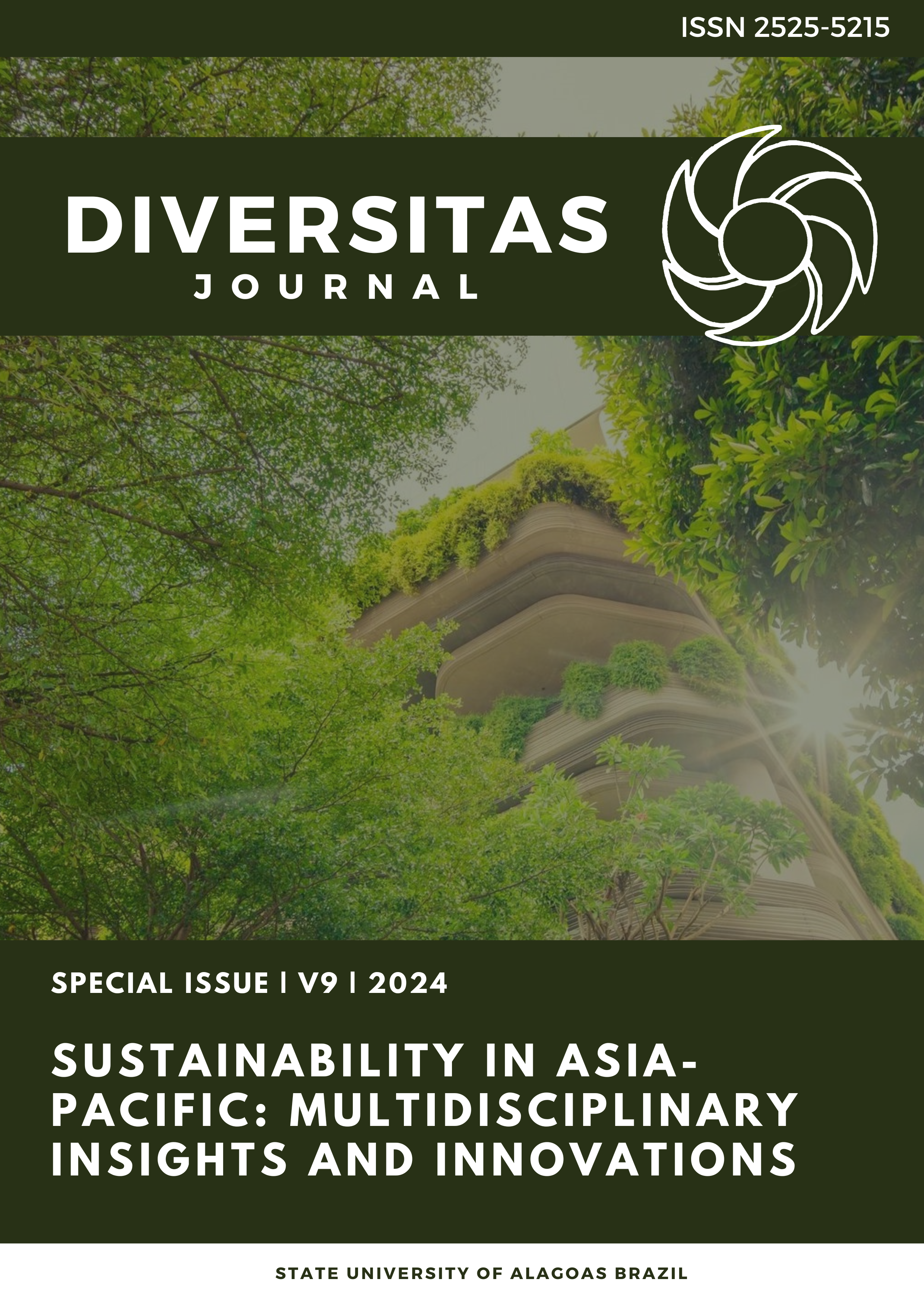Organizational culture of Colegio ng Lungsod ng Batangas: npiut to institutional policies
DOI:
https://doi.org/10.48017/dj.v9i1_Special.2833Keywords:
organizational culture, assessment, institutional policies, local collegeAbstract
This study aimed to identify current organizational culture in Colegio ng Lungsod ng Batangas so that congruent institutional policies may be developed. Using Cameron and Quinn (2011) Organizational Culture Assessment Instrument (OCAI), the dominant culture was determined. The study adopted descriptive design with a statistical sample of 55 employees on the College. It was found out that the dominant culture of the institution is the Clan Culture which is characterized by values flexibility and internal control. It is an employee-focused culture driven by collaboration, support, and trust. The Adhocracy culture is the least manifested culture, which is characterized by innovation, adaptive and flexible. The study found no significant difference on profile variables with Hierarchy and Market Culture. Conversely, Clan Culture and Adhocracy Culture was found significantly different in terms of gender and age, respectively. The findings and recommendations of this study may be used as a basis when revisiting the college’s institutional policies.Metrics
References
Adams, Sarah, (2014). The Importance Of Institutional Culture At A Technical College. http://epublications.marquette.edu/dissertations_mu/337
Cameron KS, Quinn RE (2011) Diagnosing and changing organizational culture: based on the competing values framework. Wiley, San Francisco
Clark, J., (2019). The Impact of School Culture upon an Educational Institution. Master of Education Applied Research Projects. 9. https://digitalcommons.cedarville.edu/education_research_projects/9
Coman, A. & Bonciu, C. (2016). Organizational Culture in Higher Education: Learning from the Best.
European Journal of Social Sciences Education and Research. January-April 2016 Volume 3, Issue 1.
Creswell, J. W. (2013). Research design: Qualitative, quantitative, and mixed methods approaches. Sage publications.
Davis, R. & Cates, S. (2018). The implementation of the organizational culture assessment instrument
in creation of a successful organizational cultural change. https://www.researchgate.net/publication/325930056
Demeter, M. (2019). The World-Systemic Dynamics of Knowledge Production: The Distribution of Transnational Academic Capital in the Social Sciences. Journal of World-Systems Research, 25(1), 111– 144. https://doi.org/10.5195/jwsr.2019.887
Efeoğlu, I. & Ulum, Ö. (2017). Organizational Culture in Educational Institutions. 54. 39-56.
Gomezelj Omerzel, D., Biloslavo, R., & Trnavcevic, A. (2011) : Knowledge management and organisational culture in higher education institutions, Journal for East European Management Studies, ISSN 0949-6181, Rainer Hampp Verlag, Mering, Vol. 16, Iss. 2, pp. 111-139
Hossein, N. (2015). Qualitative and descriptive research: Data type versus data analysis https://doi.org/10.1177/1362168815572747.
Kotter, J.P and Heskett, J.L (2011). Corporate Culture and Performance, New York:The Free Press.
Kusumadmo, E. (2019). The Intention of Organizational Culture Change Using the Nine Steps of Cameron and Quinn's.
Rogers, W., Mitzner, T., Boot, W., Charness, N., Czaja,S., & Sharit, J., (2017). Understanding individual and age-related differences in technology adoption. Innovation in Aging, Volume 1, Issue suppl_1, July 2017, Page 1026, https://doi.org/10.1093/geroni/igx004.3733
Wu, H. & Zha, Q. (2018). A New Typology for Analyzing the Direction the direction of Movement in Higher Education Internationalization. Journal of Studies in International Education. 19.
Seyhan, B. , Ozlem, O., & Ayse, A.. (2010). The relationship between organizational culture types and occupational pressure variables: a research on female employees in the Turkish manufacturing industry
Tierney, W. (1988). Organizational Culture in Higher Education: Defining the Essentials. The Journal of Higher Education, 59(1), 2-21. doi:10.2307/1981868. Accessed April 23, 2021.
Downloads
Published
How to Cite
Issue
Section
License
Copyright (c) 2024 Rose Mae Ann Lumanglas

This work is licensed under a Creative Commons Attribution 4.0 International License.
The Diversitas Journal expresses that the articles are the sole responsibility of the Authors, who are familiar with Brazilian and international legislation.
Articles are peer-reviewed and care should be taken to warn of the possible incidence of plagiarism. However, plagiarism is an indisputable action by the authors.
The violation of copyright is a crime, provided for in article 184 of the Brazilian Penal Code: “Art. 184 Violating copyright and related rights: Penalty - detention, from 3 (three) months to 1 (one) year, or fine. § 1 If the violation consists of total or partial reproduction, for the purpose of direct or indirect profit, by any means or process, of intellectual work, interpretation, performance or phonogram, without the express authorization of the author, the performer, the producer , as the case may be, or whoever represents them: Penalty - imprisonment, from 2 (two) to 4 (four) years, and a fine. ”


















